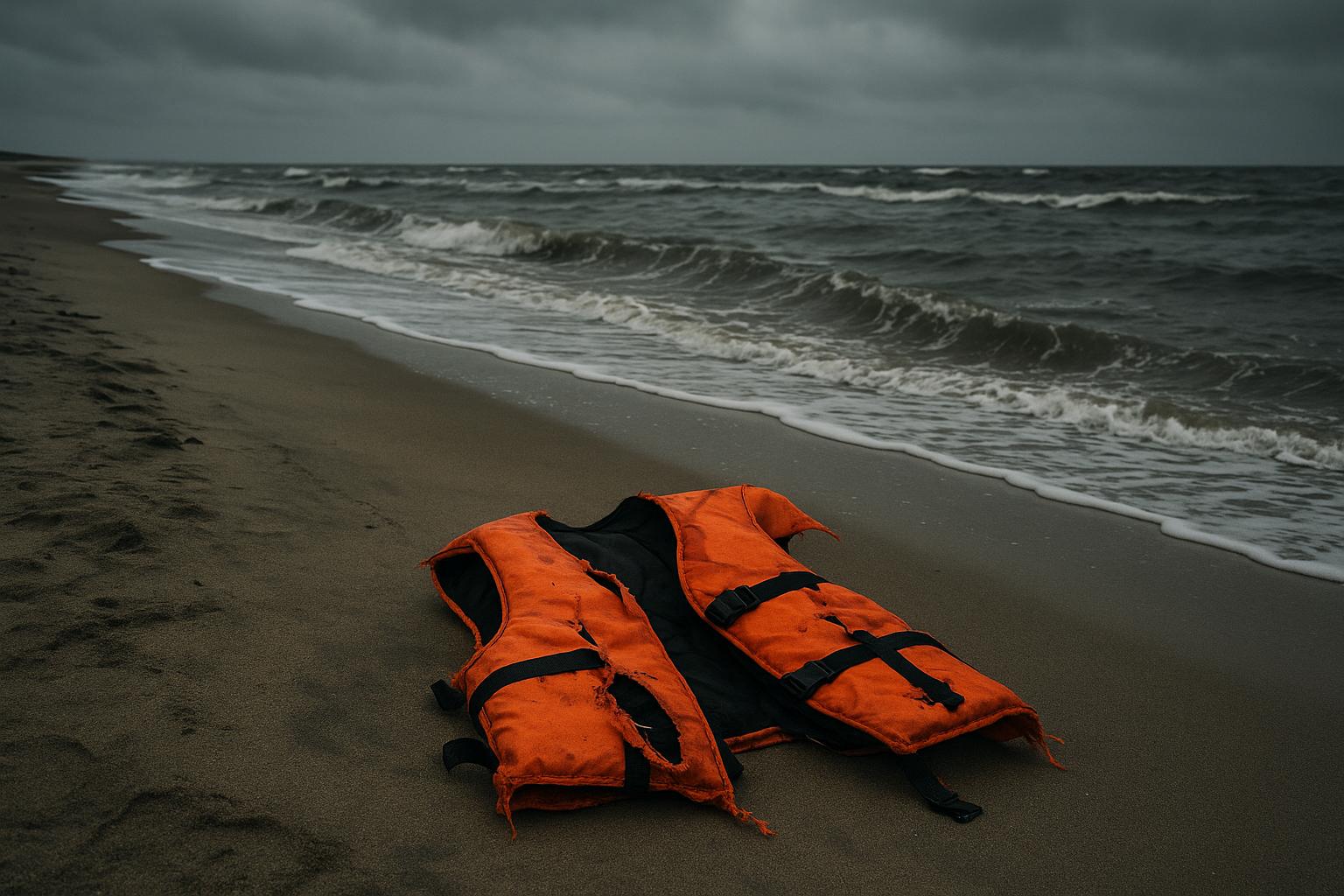Keir Starmer is expected to press French President Emmanuel Macron to advance the contentious plans to intercept migrants in French waters amid reports the initiative has stalled. The scheme, initially hailed as a “game changer,” was agreed upon by the two leaders at a summit in July 2025 as part of a broader effort to curb the rising numbers of migrants crossing the English Channel in small boats. Despite Downing Street's insistence that the plans remain on track, sources indicate political instability in France, opposition from French police unions, and changes in the French government have delayed implementation.
The plan involves French authorities intercepting ‘taxi boats’ before they reach open water, in collaboration with UK Border forces, under an agreement often termed the ‘one in, one out’ policy. This approach was intended to complement a new bilateral migration protocol, aiming to return migrants arriving illegally in the UK back to France while the UK accepts asylum seekers from France who meet eligibility criteria, such as those fleeing conflict zones or seeking family reunification. The deal draws inspiration from previous European agreements like the 2016 EU-Turkey deal and represents a significant post-Brexit cooperation effort between both nations to manage migration flows.
However, the deal has faced significant hurdles. French police unions have voiced safety concerns about intercepting small boats at sea, citing risks to officers' lives. The political environment in France has also been a factor, with the prime minister and interior minister, who originally agreed to the tactics, replaced after the summer months. An incident in July where French police slashed the hull of a migrant boat was reported by some French sources as a one-off “political stunt,” contributing to questions over the plan’s seriousness and longevity. This aggressive approach to tackling small boat crossings, involving puncturing migrant boats, has drawn sharp criticism from humanitarian groups and heightened tensions between the two countries.
The UK government regards the ‘one in, one out’ policy as a vital step forward, emphasizing its role in deterring dangerous crossings. Deputy Prime Minister David Lammy highlighted the deportation of an Iranian man, who was returned to France after arriving illegally by dinghy, as a sign of progress. Children's Minister Josh MacAlister underscored the government’s clear stance that repeat illegal crossings would be met with repeated deportations. Yet critics argue this case exposes flaws in Labour’s claims that the scheme effectively deters migrants, pointing to the limited scale and ongoing challenges in enforcing the agreement.
Data indicate a significant rise in Channel crossings over recent years, with government figures showing over 30,000 migrants making the perilous journey in 2025 alone, a 56% increase compared to the previous year. In June 2025, France amended its rules of engagement to allow interception of UK-bound boats up to 300 meters offshore, aiming to prevent these crossings before boats enter open waters. This was a key topic at the summit between Macron and Starmer, who also reinforced defence cooperation and broader bilateral relations.
French President Macron acknowledged migration as a shared burden between France and the UK, stressing the need for humane and fair solutions. Both leaders agreed on the urgency of creating new deterrents to stem the flow of irregular crossings and shared responsibility in managing migration. Still, legal and humanitarian challenges remain. The agreement awaits legal validation from bodies such as the European Commission, and there are ongoing concerns about the dehumanising impact of measures that critics say do not address the root causes of migration.
UK officials maintain the new migration policies mark a significant shift from previous approaches, notably replacing controversial Conservative proposals like relocating migrants to Rwanda. Instead, the current arrangement focuses on rapid returns between France and the UK and accelerating the processing of asylum claims. Nonetheless, recent legal challenges—such as a court blocking the deportation of an Eritrean asylum-seeker over trafficking concerns—highlight the complexities the governments face.
In sum, while the Franco-British cooperation on migration represents a diplomatic milestone with potential to alter the dynamics of Channel crossings, its practical effects remain uncertain amid political instability, operational challenges, humanitarian criticism, and legal obstacles. The forthcoming discussions between Starmer and Macron are expected to seek commitments to reinvigorate the stalled plans and tackle both immediate migration management and the broader political and humanitarian issues underlying the crisis.
📌 Reference Map:
- Paragraph 1 – [1] Daily Mail, [6] Al Jazeera
- Paragraph 2 – [1] Daily Mail, [2] AP News, [4] Le Monde
- Paragraph 3 – [1] Daily Mail, [7] Le Monde
- Paragraph 4 – [1] Daily Mail
- Paragraph 5 – [1] Daily Mail, [5] AP News
- Paragraph 6 – [2] AP News, [3] Reuters
- Paragraph 7 – [6] Al Jazeera, [4] Le Monde
- Paragraph 8 – [5] AP News, [4] Le Monde
- Paragraph 9 – [1] Daily Mail, [6] Al Jazeera, [7] Le Monde
Source: Noah Wire Services
